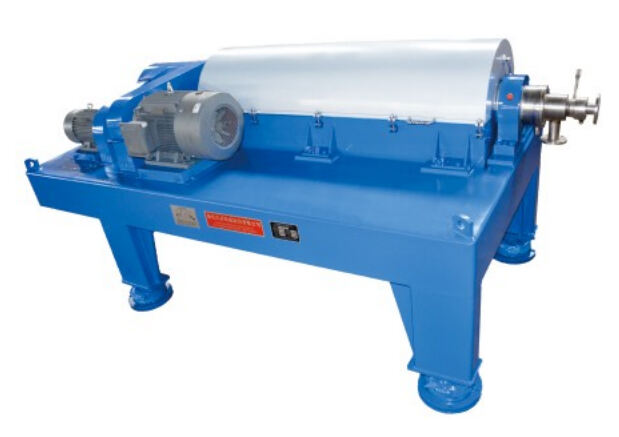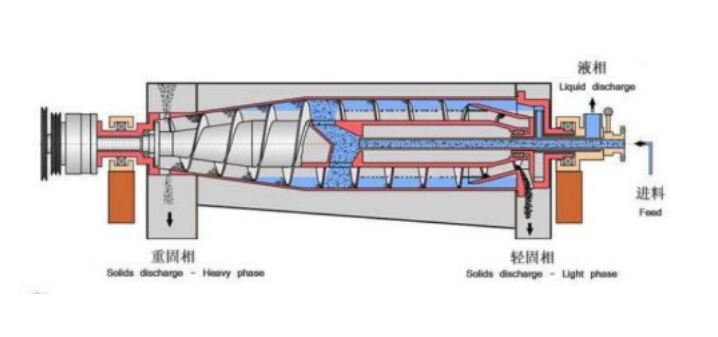vegetable & plant oil processing
Vegetable and plant oil processing is a sophisticated industrial operation that transforms raw plant materials into valuable oil products. This comprehensive process begins with the careful selection and preparation of oil-bearing seeds, nuts, or fruits, followed by cleaning, grinding, and conditioning steps to optimize oil extraction. The process employs various methods including mechanical pressing, solvent extraction, or a combination of both, depending on the raw material and desired end product. Advanced technology enables the removal of impurities, deodorization, and refinement to produce high-quality oils suitable for both food and industrial applications. Modern processing facilities incorporate automated systems for temperature control, pressure monitoring, and quality assurance throughout each production phase. The industry utilizes state-of-the-art equipment such as expellers, extractors, and refinement units to ensure maximum oil yield while maintaining product quality. Environmental considerations are integrated into the process through efficient energy usage and waste reduction measures. The final products serve diverse markets, from culinary applications to cosmetics and biofuel production, making this processing capability essential for multiple industrial sectors.


